168
3
4 minutes
Suggested Articles

First-generation Ivy Leaguers triumph over unique college challenges
Discover key insights, life hacks, and data-driven tips for first-generation college students thriving in prestigious U.S. universities. Find practical strategies, unique challenges, and fresh perspectives essential for student success.

Social entrepreneurship is transforming communities and sparking real change
Civic Education
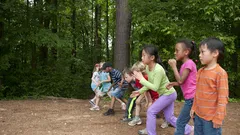
Parents see children gain confidence and lifelong friends at today’s inclusive summer camps
Volunteer
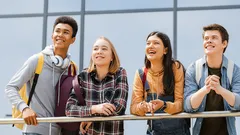
Inside the Secrets of Student-Led Civic Projects That Spark Real Change
Civic Education
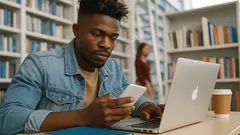
How Civic Engagement Is Transforming College Life and Shaping Leaders
Volunteer
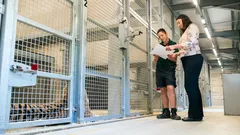
How prison rehabilitation programs spark hope and second chances
Civic Education
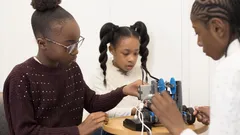
Chicago schools transform special education with more support and smarter tools
News & Updates
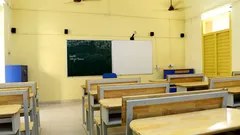
New court order speeds special education help for families nationwide
Civic Education
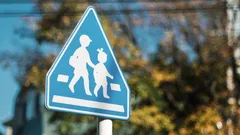
Parents empower kids with smart routines to boost school and neighborhood safety
News & Updates

How a nurturing Montessori education shaped Annie’s real-world resilience
Civic Education

How Social Media Is Fueling a Crisis in Children's Mental Health
Civic Education

First-generation Ivy Leaguers triumph over unique college challenges
Hiring

Americans brace for possible Social Security cuts that reshape retirement
News & Updates

Why this Florida data leak changes how we think about privacy
News & Updates

Build your own AI chatbot and unlock hands-on tech superpowers
Resources & Tools

How to outsmart hidden medical expenses in your golden years
Civic Education

California workers secure jobs this summer with new 2025 laws
Hiring
 Love Women Vibes
Love Women Vibes

Comments